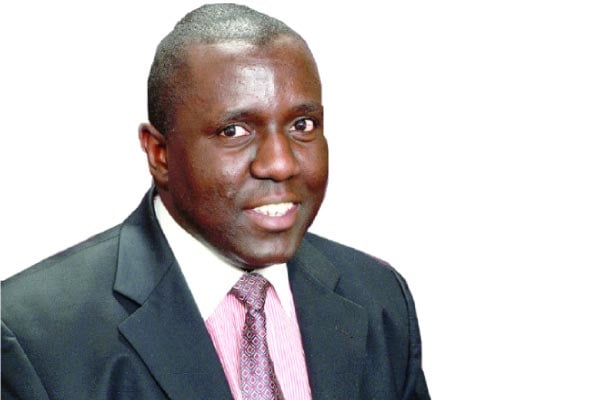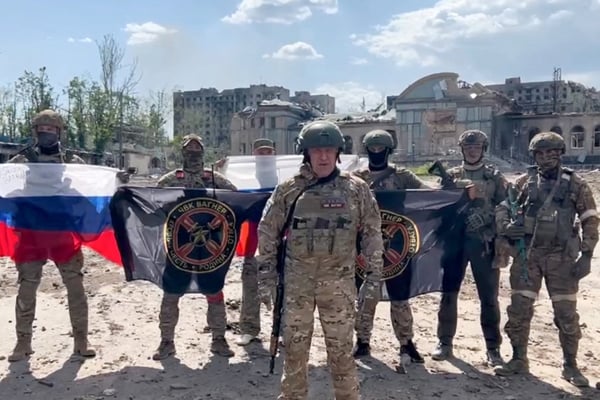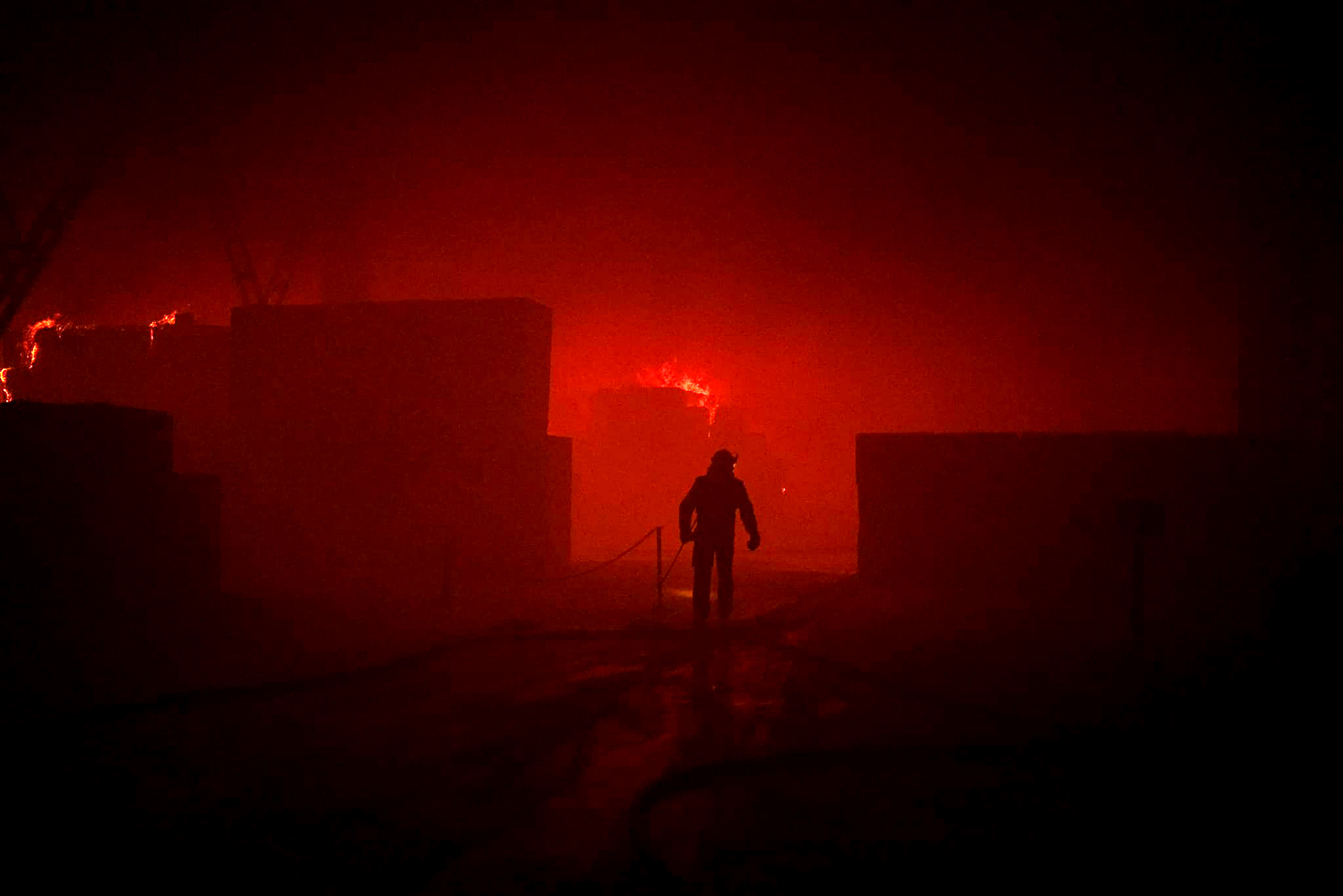Prime
As drones hit Moscow in Ukraine-Russia conflict, risks escalate for nuclear war

What you need to know:
- The West with its superior values and technology defeated the Soviets with their monolithic political system and inferior technology.
- Both Ukraine and Russia are neighbors to NATO and the European Union.
The Russia-Ukraine conflict is turning to the tail end of the spring counter-offensives. The Russians prevailed in Bakhnut through military mercenaries.
Strapped for resources, Ukraine sent prisoners, unemployed men, something Russia does as well in a thankless fight over rubble over what was once a city.
A limited pact allows Ukraine to ship grains over the Black Sea alleviating global shortages. Then attacks return to aerial assaults on Kiev, the Ukrainian capital. Ukraine counter-punches starting to drop drones on Russia.
The British foreign minister James Cleverly sums up the situation saying cross border incursions are part of territorial defenses.
The Ukrainians are quick to downplay 8 drone strikes at the heart of Moscow that cause little damage, three were electronically jammed by the Russians, 5 hit various buildings including apartment complexes but of little strategic use.
Russian air defenses fail to down these drones because their air defenses are primed more to missiles. Ukraine’s surface to air missile arsenal is near empty.
The Russians similarly in their aerial assault on Kiev have hit hospitals and other health facilities, 130 in total according to the World Health Organization.
In March, a high-level leak in the United States, captured discussions among the allies stating that Ukraine’s SAM capabilities urgently needed replenishing before the spring counter-offensive by the Russians.
Going by history, this war is possibly going nowhere but any escalation has the world on its edges. Russia has a nuclear arsenal. Ukraine has nuclear facilities on its borders.
The Ukraine-Russia war according to former UN Ambassador and National Security Advisor, John Bolton could go on for 100 years without a decisive victory.
The short history of the Russian empire that covered most of northern Eurasia founded by Peter the Great which lasted just under 200 years from 1721 to 1917 when the last Russian Czar Nicholas II was executed by the Bolsheviks months after he abdicated is instructive.
Napoleon’s European campaign floundered when Alexander I halted him in the brutal Russian winter after he put Russia in his sights.
After imperial rule ended, Stalin stopped Hitler’s Russian campaign ending with Germany’s defeat in the Second World War.
The narrative of the cold war sometimes is clouded by competing narratives.
The West with its superior values and technology defeated the Soviets with their monolithic political system and inferior technology.
Both super powers were associated with wars of attrition.
The end of the cold war has not brought these wars to conclusion. At least 100 armed conflicts exist globally in some form.
The only addition to the duo-power struggles are the trans-state movements associated with Islamic fundamentalism.
However, the Al Qaeda narrative is incomplete like that of the Russian push-back as a battle for natural resources and energy; and the domination of the global financial systems by the US dollar.
Flare-ups like Sudan, or continued intense conflicts in trouble spots like Somalia, Yemen or the DRC show that militarism is likely to remain the currency for power, and dispute resolution.
China has been reluctant to enter this race, eager to sell everything cheaper and protect its territories.
With the world’s biggest standing army, and threatened by the cyclic uncertainty in the world’s financial systems, this may not be possible.
The Europeans in the shadow of the Americans are nervously watching the growing threat next door.
Both Ukraine and Russia are neighbors to NATO and the European Union.
In the last 120 years, Europe has only had one spell free of conflict between 1950 and 1995. World War II had ended, with Europe divided between the West and the East.
Even after the iron curtain fell, European countries quickly fell in line with the West on unfavorable but palatable terms.
Russia’s Boris Yeltsin did as well. Behind this détente, a lot of unhappiness remains.
Vladimir Putin sees himself as the last post, making him unpredictable in the face of pressure from all around.
Russia with just 140 million people is not the pushover, the pundits predicted. It’s running around to its old allies collecting old checks in materiel from Iran, even Syria.
Russia can take a lot more bombs, the long game has just begun.
Mr Karoli Ssemogerere is an Attorney-At-Law and an Advocate. [email protected]




